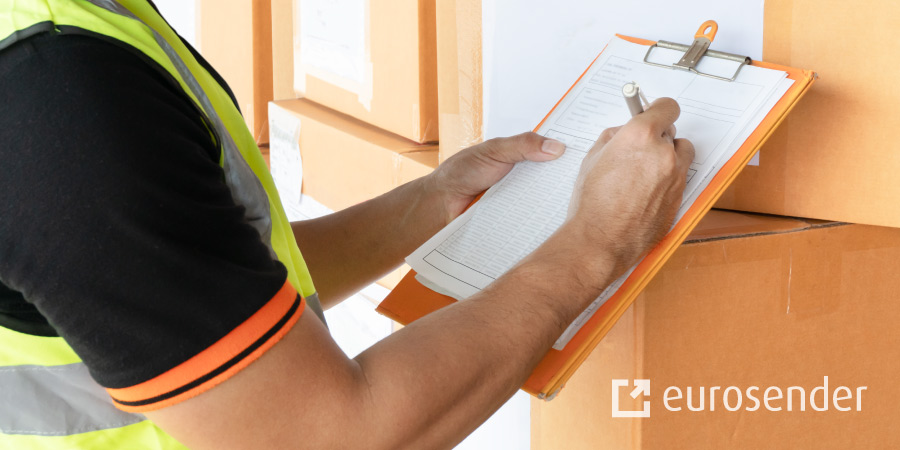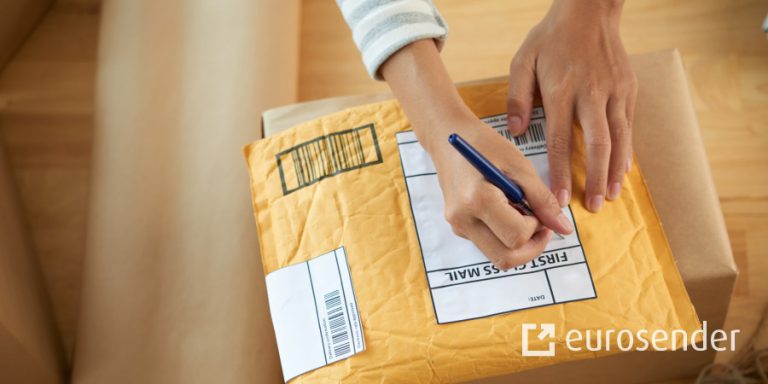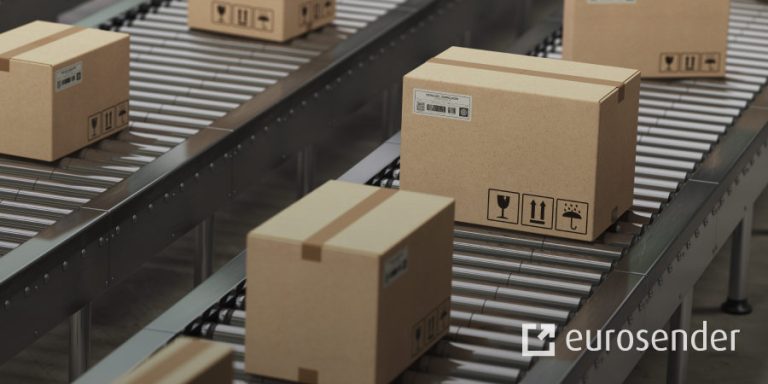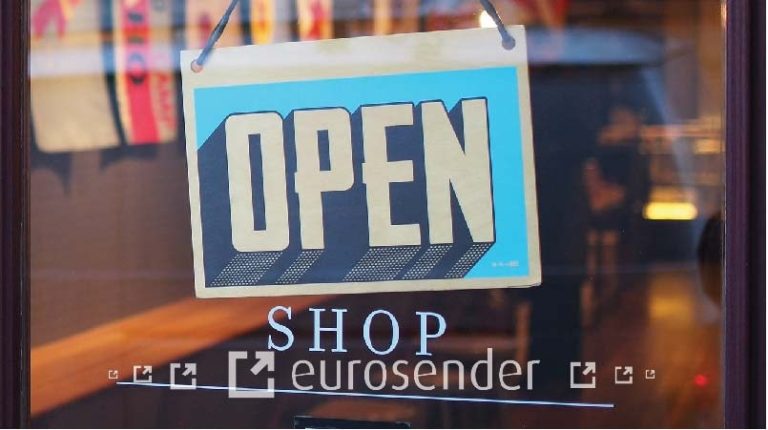Customs Scams and Consequences
TL;DR
- Declaring a lower value on customs forms is a common tactic to avoid or reduce import taxes.
- Common scams: undervaluing items, mislabeling goods, marking items as gifts to evade fees.
- Consequences: fines, confiscation, and higher customs fees based on estimated product value.
- Insurance will only cover the declared value, and sellers may face reputational damage from negative feedback.
Writing an incorrect customs value declaration, or more specifically declaring a lower value for customs, is something that many shippers have tried to do. We all understand that it is a fraud to lie to customs officers; nonetheless, many still do it. Are you wondering how do people cheat on customs, and what are the consequences of writing an incorrect customs value declaration?
Create an account for free!
How do people try to avoid duty fees and import taxes with customs scams?
Most of the people that make online purchases are looking for a cheap deal. Therefore, it is no wonder that both buyers and sellers try to cut on costs wherever they can, even if that means faking the information on customs’ documents like writing undervalued amount for the goods in order to avoid or pay fewer import taxes and knowingly commit illegality. When a sent item is marked as a gift or it has an incorrect customs value declaration, the payment of customs duties may not be requested and here is where buyers and sellers may find room to avoid paying some taxes.
To learn more about customs procedures, read our dedicated page.
You may also be interested in:
How do people try to scam customs and avoid paying import taxes?
At this point we would like to remind you that customs duties are governmental taxes and not paying them is actually committing fraud.
There are different strategies people use to falsify customs declarations.
- Undervaluing customs declaration. Since the customs duties are calculated on a percentage of the good’s value, declaring an incorrect value in the customs declaration (i.e. declaring a lower value for customs) is a common practice to pay fewer import taxes.
- Declare different items. There are a lot of goods that are prohibited or restricted. Some people don’t declare those items on the shipping documents so that they can still send them. At the same time, similar items produced using different prime matters may also be subject to difference clearance procedures. By reporting a false or different HS code (the code used internationally to identify traded goods) or description of the goods (for example switching leather for artificial leather), different duty fees may be applied, allowing the receiver to pay fewer import taxes.
- Mark the item as a gift. When two private persons send each other a small gift till a certain value (depending on the country), customs will not charge any fee. Therefore, sometimes sellers may mark their sold items as gifts in order to trick the customs and avoid the payment of import taxes for their clients.
Read more about:
Legal and practical consequences of committing customs fraud
Imported packages are always checked by the customs personnel after entering a country. The customs officers are allowed to open any suspect parcel to avoid something illegal, dangerous or counterfeit entering the country or even to avoid tax evasion. If they suspect that your shipment has incorrect customs value declaration or that the items quantity or type does not correspond to the declared information, they will contact you and ask for proof of value for the goods in the package and even for certificates of origin and conformity to ensure the HS code is not falsified. According to the situation, breaking the law when importing goods can lead to different consequences and penalties for falsifying the customs form.
- The customs duty will be calculated on the real value of the products and you will be requested to pay that amount. If you declare a lower value for the customs and don’t give any proof for it, the customs officers can estimate the value of the products and charge higher fees for them. Therefore, you might end up paying a lot more for the undervalued goods declared to customs.
- You will receive a fine for tax evasion. Since not paying taxes is against the law, you could receive a fine or you can be sued for your violation.
- Your package can be confiscated. If you refuse to pay the customs duties or you are shipping forbidden items, the customs officers can confiscate your package.
- In case of loss or damages, insurance will cover the declared value of the shipment. So, if you write a low value on the shipping documents you will be reimbursed according to that amount and not the real one.
- If you are selling or receiving some products from an online store, you may consider having problems connected to your reputation and bad reviews. Customers and sellers can leave negative feedback if prices are higher than expected because of some customs frauds or fines.
Why do people fake the information on customs documents?
The main reason behind trying to declare incorrect information to customs is to pay fewer import taxes or not pay customs duties at all. Considering the high number of packages that are sent every day from and to a single country, it is very hard for the personnel of the customs office to check every single parcel. That’s why, unfortunately, a lot of people rely on these odds to commit fraud and trick the system with no consequences.
Always remember that customs duties are taxes. It’s always better and safe for you and your shipment to follow the rules, in order to avoid unpleasant or expensive consequences.
Still have questions?
Check our articles that answer the most common questions about shipping.
Create an account for free!
About the author






